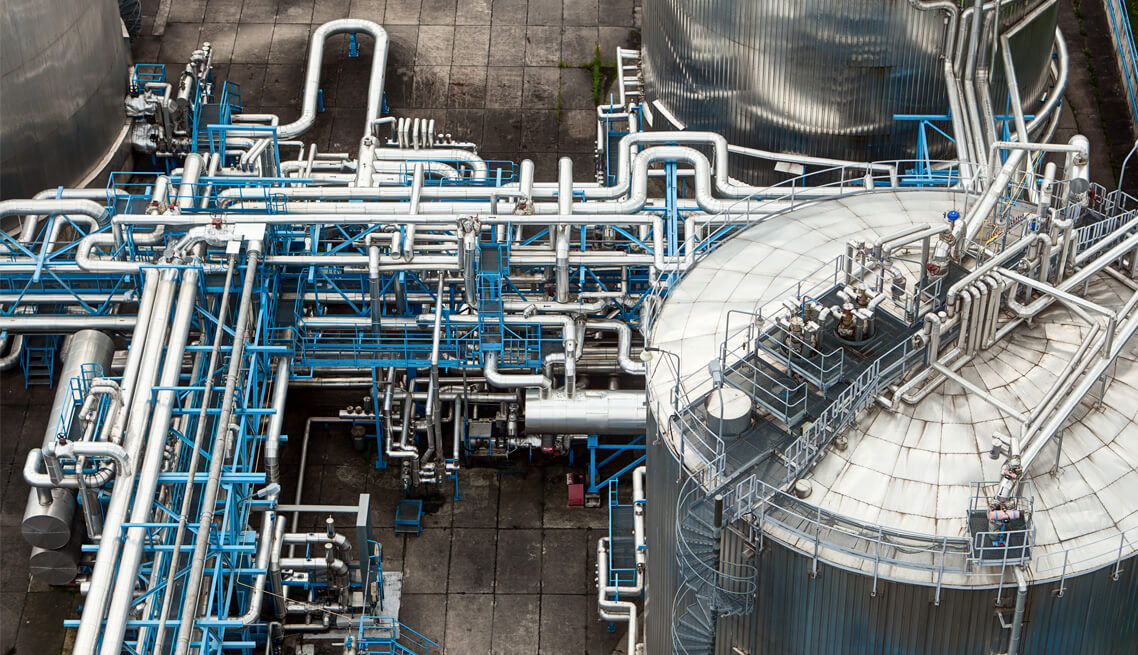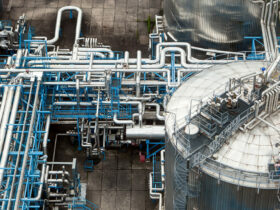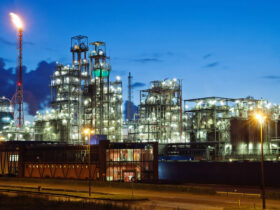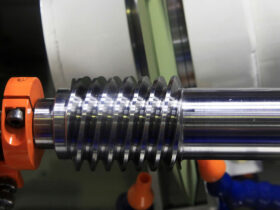MATERIAL ENGINEERING
Materials Engineering for the Oil and Gas Industry;
Materials Engineering is one of the most important required knowledge that will help the Oil & Gas Industry to deliver its products through all equipment and lines in the safest operational environment. One of the key activities for Materials Engineers in the Oil & Gas Industry is to manage corrosion prevention and select appropriate materials considering all process parameters. They will contribute to the maintenance of equipment by applying methodologies such as Asset Integrity, Risk Based Inspection, Fitness for Service and Remaining Life Assessment.
SERVICE INFORMATION
Knowledge of international material specification standards such as ASME, API and ASTM will guide the selection of materials for process and product requirements.
We offer both theoretical and practical knowledge on these topics that will benefit all our business partners who are planning and aiming to increase their competencies in materials engineering, Oil and Gas Industry.
PROJECT MISSION
Materials engineering mainly consists of basic knowledge starting with processing, structure, properties and performance. Materials engineering will provide the most practical materials used in oil and gas equipment and their properties. This chapter deals with metallic, polymer, ceramic and composite materials applied in the oil and gas industry.
Damage mechanism and failure mode is the nature of the Oil and Gas ecosystem during operating conditions. As an engineer, we need to consider our plant and equipment due to damage mechanism and failure mode. It provides general practical information on the most likely damage mechanisms affecting common alloys used in the oil and gas industry and aims to introduce the concepts of service induced degradation and failure modes. Support inspection and monitoring activities and consider prevention/mitigation strategies to ensure equipment integrity.
Material selection information can be applied to help prevent costly corrosion damage to the equipment itself. Material selection and corrosion rate calculation supplement, but do not replace, material requirements given in appropriate design codes, standards or regulations.
This chapter describes the general principles and provides practical hands-on information for corrosion rate calculation and material selection for equipment used in the oil and gas industry. Failure of such equipment may pose a risk to the health and safety of the public and personnel or to the environment.
Integrity Management applies to all operations of an asset from its design phase to its decommissioning and replacement. A challenge for an Engineer working on Integrity Management is to balance the design, maintenance and replacement of assets throughout their lifecycle while minimizing the costs to the business in terms of finance, time and resources.








